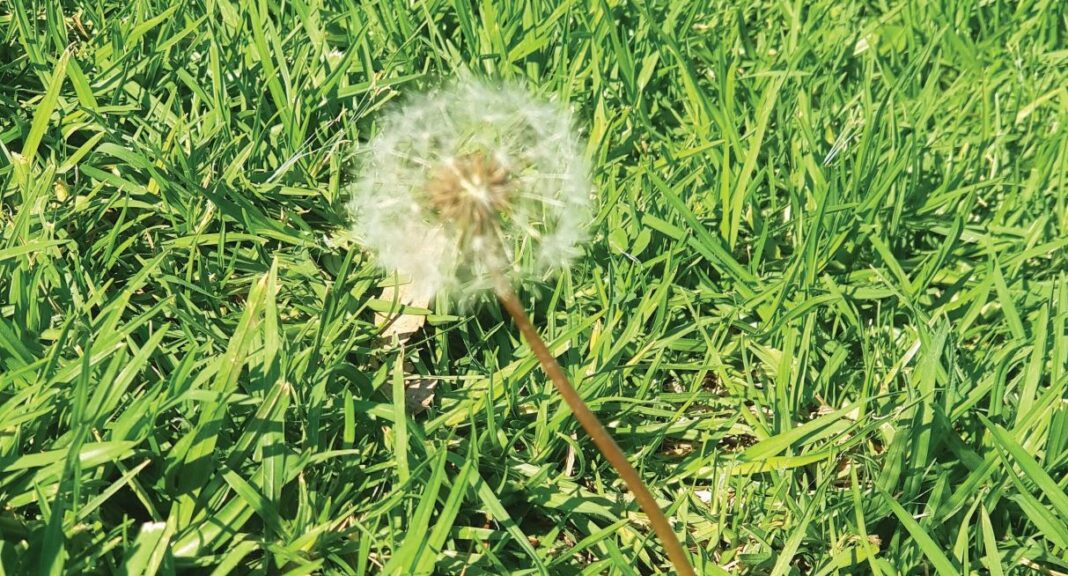Hopefully for you, spring produces moments when your heart swoons with the ephemeral beauty of Canberra’s blossom trees and the gentle warmth of sun on your skin. For one in four Canberrans, however, spring is a miserable time of sniffles, sneezes and watery eyes as the pollen counts hit extreme levels.
Canberra is the official allergy capital of Australia with the large number of pollen-releasing exotic plant and trees species thought to be a major factor. August and September are typically the worst months as tree pollens peak, followed by the grass pollen season in October and November (you can track Canberra’s tree and grass pollen levels online, try weather.com).
Unlike asthma, the other condition triggered by high pollen levels, hay fever isn’t particularly dangerous. However, its symptoms can really impact quality of life. Understandably, many people instantly reach for the anti-histamines, but if you’d rather treat it naturally, there are other options.
Viewed from a holistic perspective, hay fever, like any other symptom, is a sign that the body is out of balance. From my experience treating hay fever there are usually three key things you need to do:
De-tox
In Chinese Medicine, hay fever is a sign that your liver is out of balance. If you’re consuming high amounts of processed food or alcohol, eating better and drinking less will help. In Chinese Medicine, the other major factor impacting on the liver is our emotions. I tend to describe the liver as like the emotional ‘in-tray’ of the body. If you’re juggling lots of challenging emotions, then your liver is going to be suffering. The good news is acupuncture and herbs can help get your liver back on track. In cases like this, there is one particular acupuncture point translated as ‘the gate of hope’ that I find works wonders.
De-stress
Hay fever also usually tells me that your immune system is not at the top of its game. Prolonged stress is a very common cause of an overtaxed immune system, so one of the simplest things you can do is tackle your stress levels. Exercise can help blast off stress and the longer days and warmer weather does make it easier to get outdoors, just watch the pollen count! Of course, you can exercise indoors too, so book in for a yoga class or make use of that gym membership you forgot to cancel. You can also up your inner relaxation game with the proven stress-relieving benefits of meditation and there are many apps and resources to help these days.
Rest
Along with better managing stress, hay fever typically shows up when there is a state of tiredness or exhaustion. Look at the quality and quantity of your sleep and see whether there is room for improvement. I find individually prescribed herbal medicine is highly effective for insomnia and, given we know quality of sleep underpins so many aspects of wellbeing, quality sleep is a good thing to prioritise.
For other stories:



